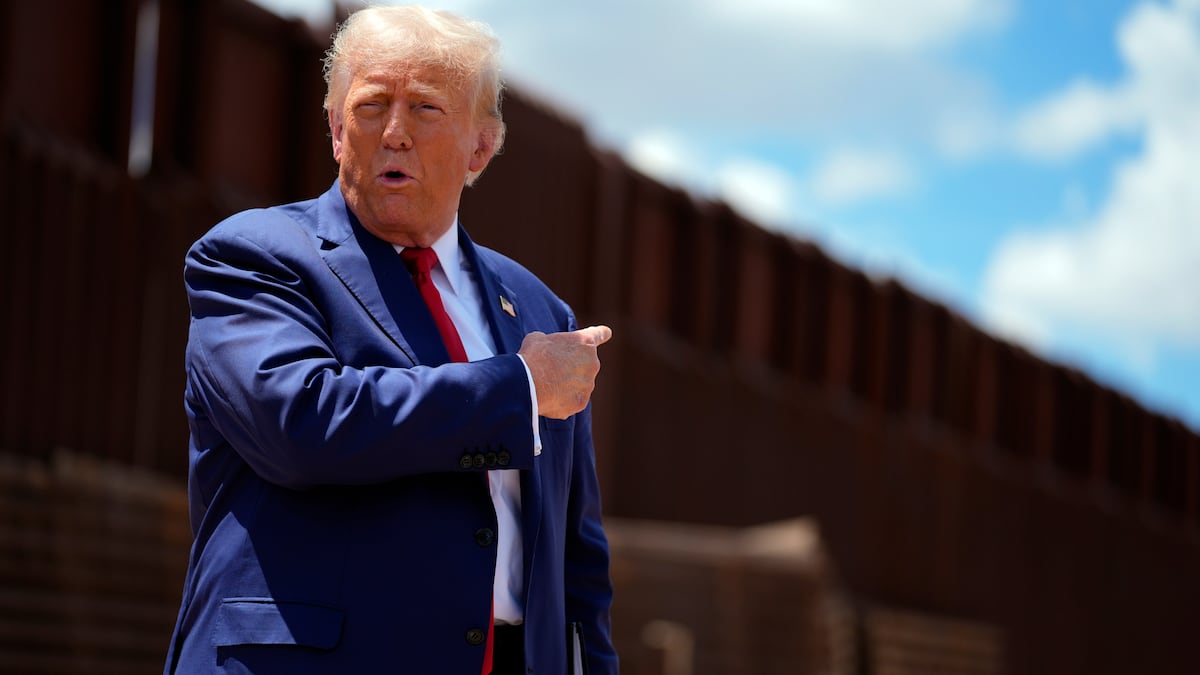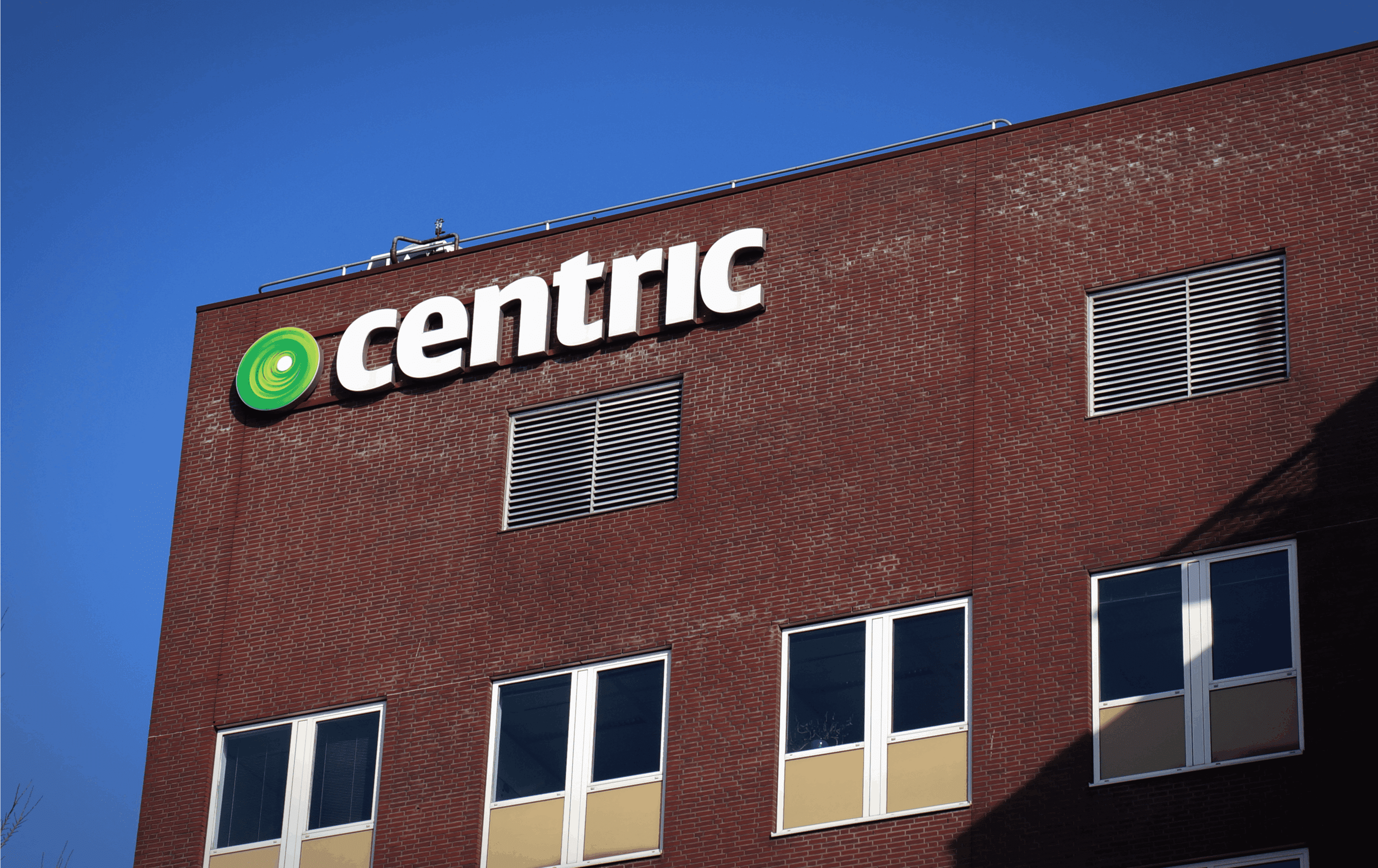Bussiness
Optimism surges among small business owners: survey shows

(TNND) — Small business owners are more optimistic than they have been in years, according to a new survey from the National Federation of Independent Business.
The NFIB Small Business Optimism Index, released monthly, jumped above the long-term average for the first time in nearly three years.
The index rose by eight points in November to 101.7, comfortably above the 50-year average of 98 and the highest level since June 2021.
Nine of the 10 index components increased. None decreased. One was unchanged.
“It’s a really big deal,” NFIB Executive Director of Research Holly Wade said of the way the small business outlook “surged” last month. “It’s the largest increase in our Optimism Index since we started the monthly survey in 1986.”
The NFIB’s survey includes companies across a broad scope of industries. The NFIB has collected small business economic trends data with quarterly surveys since 1973 and monthly surveys since 1986.
Another index, one that measures uncertainty, fell 12 points off its record high in October.
“Uncertainty is an obstacle for small business owners in a lot of different ways,” Wade said.
The election results signal a major shift in economic policy, leading to a surge in optimism and certainty among small business owners, according to the small business advocacy group.
“The big contributor to the increased Optimism Index was the improvement in better business conditions,” Wade said.
Businesses that have been in a holding pattern over the last several years amid high inflation and interest rates now feel more certain about their ability to invest in their businesses, Wade said.
That means hiring and expansion for some small businesses.
“And so, we did see a pickup just this last month in hiring plans and in capital spending plans,” Wade said.
Business owners are confident that incoming President Donald Trump won’t want to see the provisions from his Tax Cuts and Jobs Act of 2017 expire at the end of next year.
Small business owners feel that they won’t see a tax increase at the end of 2025, Wade said.
The net percent of owners expecting the economy to improve reached its highest measure since June 2020.
The highest share of owners since June 2021 said it’s a good time to expand their business.
And sales expectations reached their highest level since early 2020.
Inflation, labor quality and taxes remain the top problems. That’s the same as last year, but inflation barely took over the top spot from labor quality.
The labor market rebounded in November as American employers added 227,000 jobs to their payrolls, beating expectations.
The labor market remains strong but is trending weaker, labor economist Aaron Sojourner previously said.
It’s been harder for folks out of work to land a job, with the hiring rate generally the lowest that it has been in over a decade, he said.
And there are more long-term unemployed Americans, according to the latest report from the Labor Department.
But Sojourner previously said more Federal Reserve interest rate cuts, which are expected, could boost hiring as businesses have an easier time financing their plans.
Wade said labor is an issue for one in five small businesses, and construction and transportation businesses have the hardest time finding labor.
But businesses in some sectors are now having an easier time finding or retaining employees, she said.










